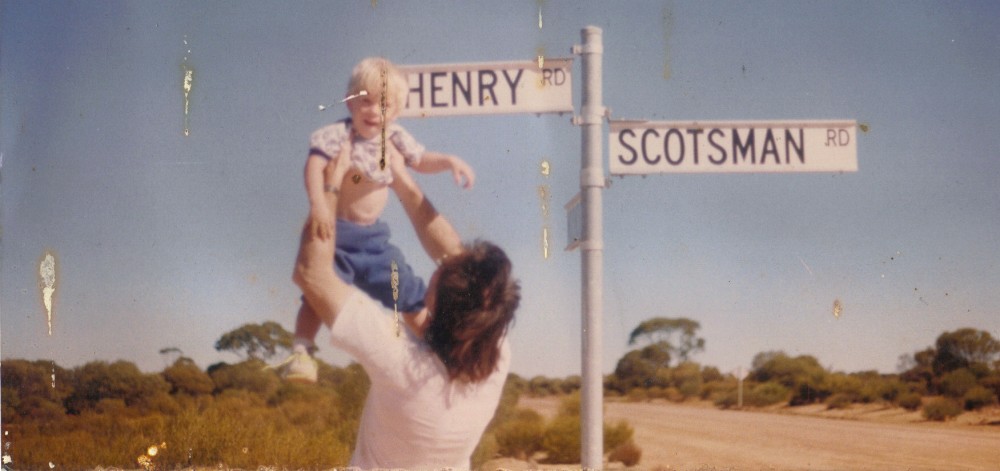Gospel and soul demonstrate devotion to the Lord and a loved one respectively. South Park satirised this to some extent when Cartman replaces sweetheart references in popular songs with that of Jesus and then sells to Christian radio listeners.
A narrative that serves both at once is the sublime ‘I Say a Little Prayer‘. A simple song that recounts little moments grabbed throughout the day shows such love for the paramour but still manages to include God.
To see the role of narrative, let’s start a song from a narrative: ‘Leading conservatives forecast a short war in Iraq, now, without irony are considering returning to a battlefield they’ve withdrawn from’. Forget the wording here and focus on the intent. It’s not so much about living in a Red Zone as talking about the former Kingdom and how it’s fallen.
What’s happened here? You have the narrative as described and two further narrative elaborations. You don’t need to think any of these out loud when you’re writing songs. Retain a brief sideways glance at what’s arising but don’t let it stop you from getting down that draft.
So our song’s called Iraq the place and now immediately, if your creative juices are flowing, you’ve got lines for your song as well ‘Don’t drive too fast towards a checkpoint/Don’t fire your guns in the air’. The lines carry the same rhythm and emphasis. The only thing is, that these lyrics are “instructions” to locals. Occupying troops aren’t the ones doing this, they’re the ones shooting Iraqis who do.
But the title suggests both a travelogue or mapping and the mimetic ‘I rock the place’. My cultural studies training kicks in and I can recall the lecturer recounting how it was interlopers who sat up on sacred mounds that locals merely walk past pursuing their trades. Clearly you could make a meal of mashing these two narrative constructs together but not by failing to mark when a different character is talking.
The lines carry more meaning than the title or theme. If they contradict either then they will compel the recipient to choose sides. Are we talking about rocking the place or being in the place like a rock? The threat imposed from outside is what these lines convey and any theme or title has to fit that.
